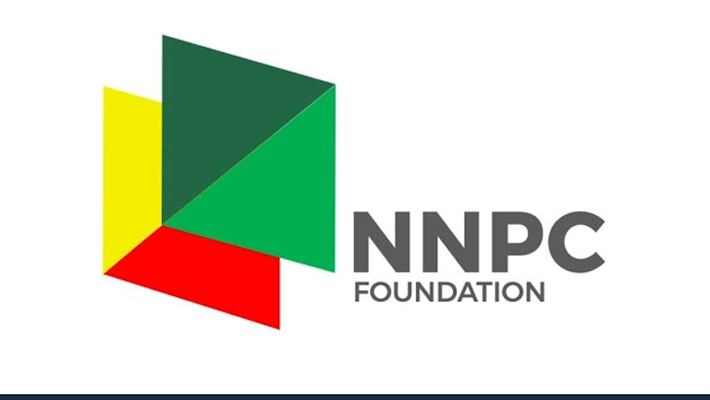The Chief Executive Officer of the Nigeria Export Promotion Council (NEPC), Mrs. Nonye Ayeni, says things are looking up for Nigeria in the area of export, thus bringing about hope for a balance of trade that will be favorable to the country. She said this at the third national conference on non-oil export in Abuja, Ayeni further stated that 57,625 seedlings of exportable agricultural commodities have been distributed to 9,230 farmers across the 36 states.
Mrs. Ayeni described Nigeria’s current economic state as “golden” as she announced plans to certify an additional 400 exporting firms to meet global standards and enhance revenue generation for the economy.
The conference, themed “Promoting Non-Oil Export for Rapid National Economic Growth,” aligns with the present administration’s agenda of economic diversification through industrialisation, digitisation, creative arts, manufacturing, and innovation.
“As we all know, the global economy is evolving, and the demand for oil is experiencing fluctuations. Our over-reliance on oil exports and the need to explore vast opportunities in non-oil sectors guided the establishment of the NEPC 48 years ago,” Ayeni stated.
She continued, “Our country is rich in resources, both human and natural, especially in agriculture, solid minerals, manufactured goods, technology, and more, which can significantly contribute to our economic growth.
“The current state of the country’s economy, from the perspective of a Trade Promotion Organization (TPO) like the NEPC, offers a golden opportunity to diversify Nigeria’s productive base through non-oil exports. This is evident from the Renewed Hope Agenda’s efforts towards economic diversification, which directly impacts the non-oil export sector.”
Ayeni attributed the 6.26 percent increase in Nigeria’s non-oil export earnings, amounting to $2.7 billion in the first half of 2024, to policy strides by the president and the NEPC’s “Operation Double Your Export” initiative, alongside efforts from strategic stakeholders.
Highlighting NEPC achievements, she mentioned initiatives such as “Operation Double Your Export,” “Export 35 Redefined,” “NEPC Connect,” “Go Global, Go for Certification Campaign,” and “Export Intervention and Farm Input Support Scheme,” all of which have boosted non-oil exports and foreign exchange earnings for inclusive economic growth and job creation.
The beauty of the Council’s campaign and the policy shift on the part of government is that some notable achievements have been recorded. Ayeni said these include selecting top 20 agricultural products to enhance value chain market access, collaborating with various agencies to overcome challenges and promote seamless trade.
She said, “The Council has freely implemented certifications like HACCP, FDA, ISO 22000, and Halal for about 400 exporting firms, including women-owned businesses.
“Under the ‘Operation Double Your Exports’ campaign, the Council has embarked on another round of free certification for 400 companies, targeting exporters of agricultural commodities and MSMEs producing value-added products, especially processed food items.”
The NEPC chief executive explained that the Council collaborates with relevant agencies to build capacity for good agricultural practices, labeling, packaging, and adherence to quality standards. Through STDF 845, launched with the WTO and ITC, NEPC aims to reduce Nigerian product rejections in global markets.
She is, however, not unmindful of the plethora of challenges facing practitioners in the informal sector of the economy. Ayeni assured that her Council was working with stakeholders to improve border information centres, establish data collection systems, and enhance market intelligence, which will aid the trade monitoring activities of the government.
The challenges include infrastructure deficits, multiple law enforcement points along borders causing delays and extortion, and the absence of a streamlined payment system.
The NEPC also introduced an export intervention and farm input support scheme to aid high-quality exportable agricultural production, including distributing seeds, seedlings, and farm inputs to 9,230 farmers across the 36 states.
“The path to a diversified economy is not without challenges, but together, we can navigate these waters,” Ayeni said, expressing optimism about the future of non-oil exports and urging stakeholders to seize this opportunity for a sustainable and prosperous future for Nigeria.












